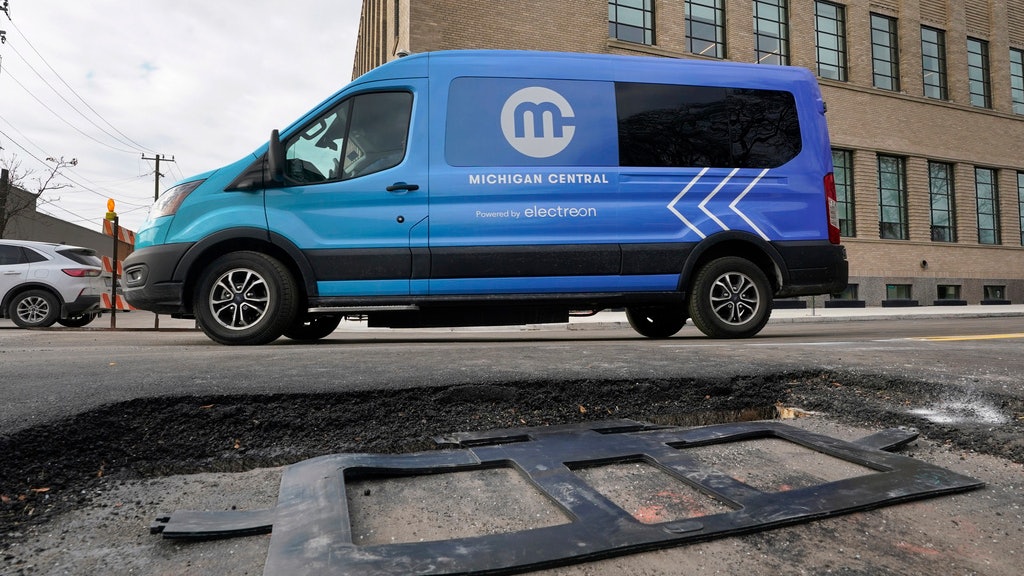Wireless charging works well for low amp applications. It would not work well when charging a vehicle battery because the rate of charge can be very high at times (typically at start up after the battery voltage is lower than desired). Plus, there are times when the loads on a vehicle battery necessitate high current flow (such as electric cooling fans coming on). Also, the predominant vehicle battery tech is lead acid or agm; both a flooded cell type design and not Li-Ion such as cell phones. Your example is moot because the two situations are not really comparable due to amp-rate charge and discharge demands.
Clothes dryers are convection items; they heat the air, which in turn dries the clothes. We'll leave the gas dryers out of this and concentrate on the electric ones ... They already are a device that uses a sense of induction to transfer heat indirectly from the coils to the clothes. In the scenario of charging a cell phone battery, the goal is to charge the battery voltage up, and the byproduct of wasted energy is sensible heat; that's true waste because heat is generally useless to a battery. But in the scenario of a clothes dryer, there is no voltage to store in clothes; the entire goal of the dryer is to use sensible heat to evaporate moisture from the clothes. The goal here is not energy transfer by voltage, but energy transfer by heat. In a layman's sense, the clothes dryer already is a "wireless" device; so again your example is moot.
I get what you're aiming at, but your aim is poor and your targets are poorly chosen. Wireless charging is a matter of convenience, and those conveniences sometimes come at a cost to some other part of the equation (in this case, efficiency). Further, there are other topics yet to be considered, such as the physical contact of the charge cord into the phone port. How many times has someone carelessly ripped their cord from the phone port in haste, only to damage the cord and/or phone port? Further, ports can become dirty with debris or particulate, and prohibit charging all together until cleaned. Neither of these is a problem with an induction charger. So again, convenience of induction charging may, in some situations, outweigh the slight inefficiencies of the charging process.

